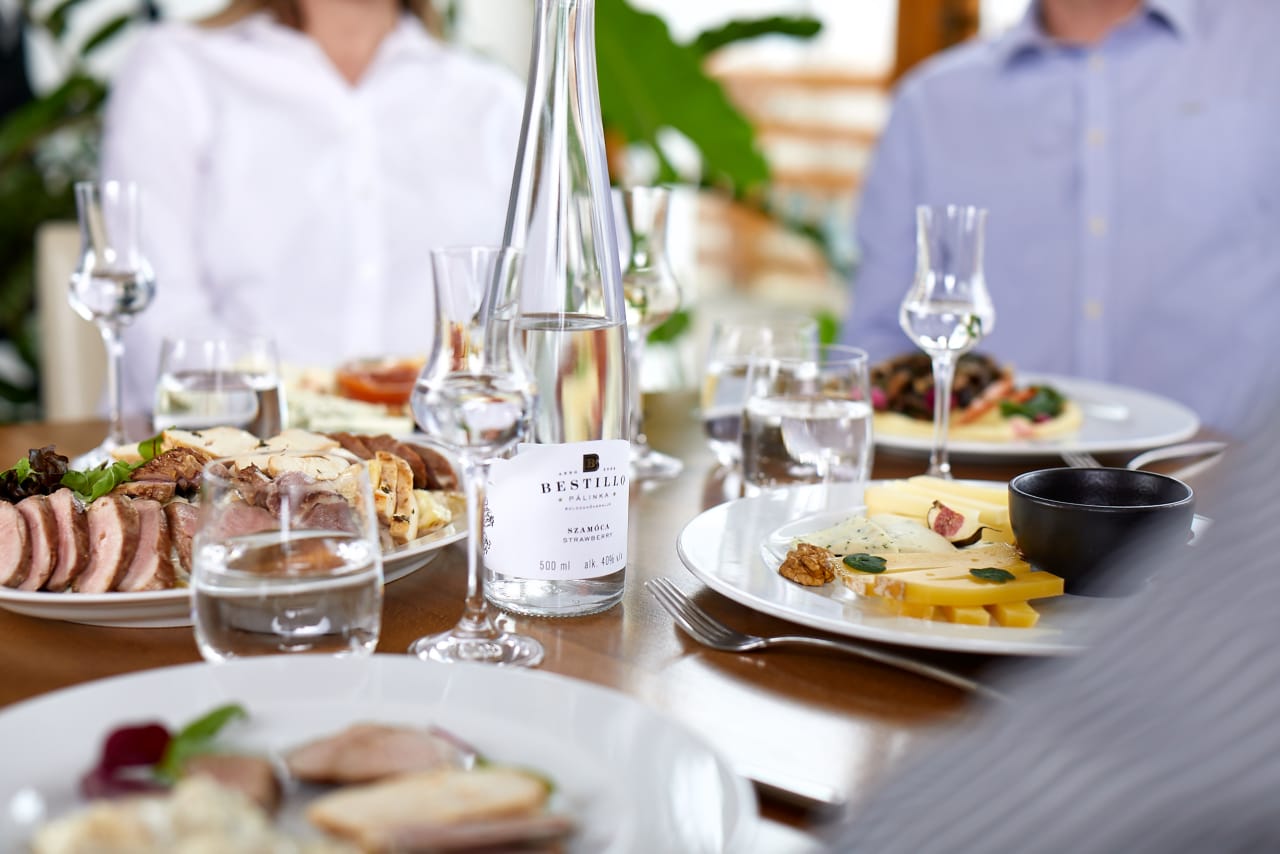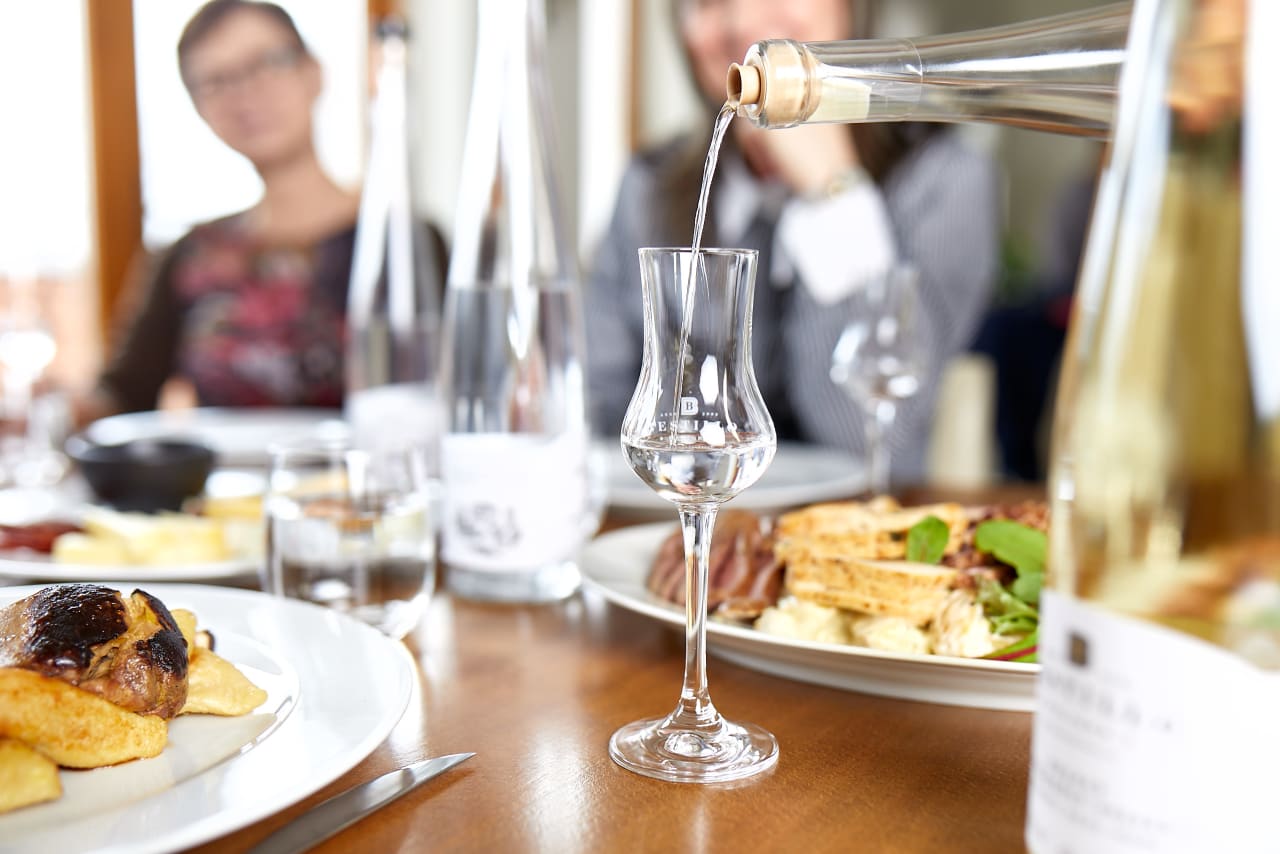What Happened in 2021?
For a clear picture, we turned to the experts at the Hungarian National Tax and Customs Office and asked them what important events have taken place in the sector this year. First of all, they pointed out that starting January 1, 2021, the rules for pálinka distillation have changed in a positive way, with the production of distilled spirits up to a certain volume becoming tax-free for both private and commercial distillers. This should therefore be kept in mind in 2022! Another new feature was that from 1 January 2021, private distillation became exempt from tax, but the quantity that can be brewed – up to 86 litres per annum - remained unchanged.
With the tax exemption, the excise duty on spirits was also abolished. Private distillers must submit a special form (J49) to the National Tax and Customs Office before distilling, which can be done online or written. In this form they must indicate the quantity of pálinka they intend to brew and declare that they meet the conditions for private distillation. On the basis of the declaration, the National Tax and Customs Office will issue a private distillate certificate of origin, which will be sent to the private distiller.
“If you are just starting home pálinka making, or are already making pálinka but your details have changed, you must notify the municipal tax authority in your place of residence within 15 days of acquiring a distillation unit for private cooking and of any changes.
The checks will be carried out by staff of the municipal tax authority. The distillation apparatus and the distillate produced therefrom may be seized if false information is provided or if the distillation is not declared”
- NTCO staff have warned.
They added that from 2021, the tax on distillate produced by contract distillation in a distillery will not be taxable for distillers up to 50 liters per year, while the tax on the amount exceeding 50 liters or for the amount not intended for sale to a tax warehouse will be HUF 333,385 (approximately $1,000) per hectoliter. A 50 liter quantity is defined as 43 hectoliters of alcohol, which is equivalent to, for example, 86 liters of 50 % vol. spirits. This is something to watch out for next year!
We also wanted to know how many cooking appliances are there today in Hungarian households. According to the experts, based on the data received from local authorities, there are currently 27,343 stills in use for private brewing in Hungary.


In August, experts from the National Food Chain Safety Office launched a special investigation to check the origin of peaches and raspberries used as raw materials for pálinka making. The aim of the action was to ensure that pálinka, as one of our most famous Hungarikum products, is made in accordance with the regulations - from fruit grown in Hungary.
In Hungary, most pálinka is made from apricots as the most widely consumed and sold fruit, which is not surprising as they are one of our most popular fruits due to their high yield, rich flavor and aroma.
About 70 percent of the domestic production is used by the pálinka industry. According to the National Chamber of Agriculture's forecast, this year's cooling and frosts in the spring are expected to result in a 70-95% loss of the apricot harvest. The recent climate change in Hungary is not only impacted peach-growing areas but also raspberry-growing areas.
Experts say that due to increasingly frequent droughts and the heatwave in June and July, instead of the optimal yield of 10-12 metric tons per hectare, only 2-4 metric tons of raspberries are being produced, so this year's crop is expected to be below 1,000 metric tons.
In view of the shortage of fruit on the processing market, the Chamber’s experts will this year be paying particular attention to checking the origin of the peaches and raspberries used as raw materials for pálinka and the alcohol content of the finished products.
During the checks, pálinka producers will have to certify the Hungarian place of production, species and variety of the fruit used. In addition to the documents proving the quantity and quality of the fruit received at the plant, it is important for traceability purposes that they must have an invoice, a buyer's card or, in the case of own production, a title deed or lease contract for the area in question, which the experts check not only for their existence but also for their conformity. The checks are supplemented by a state-of-the-art laboratory stable isotope analysis of the alcoholic strength of the brandies to detect unauthorized alcohol and its level.
This year, the action will mainly concern producers selected by risk analysis, but random checks will also be carried out on distributors, retailers and caterers.
Source: HelloVidek.hu